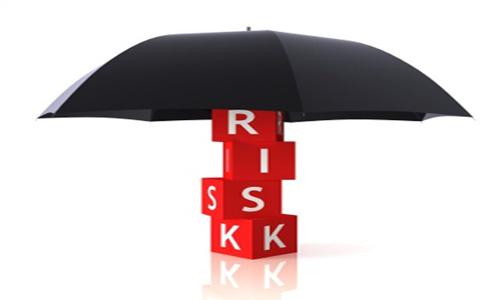We’ve all heard the doom and gloom statistics about business success rates. One in three businesses will fail in the first three years of trading – and you don’t want to be one of them! There are some common mistakes that can contribute, or even be the sole cause of a business failing. Learn from the business owners that have gone before you and avoid the following:
1 – Not being Insured
One of the very first tasks that you should do when setting up your business is to protect it, and yourself, with insurance. A simple mistake that causes injury or damage to a client or customer, or their property or business, could cost you yours, so make sure that you are covered from your very first day of trading.
You can get liability insurance from Hiscox, to ensure that you’re protected by a trusted name. Get a liability insurance quote online today to tick one big thing off of your new business ‘to do’ list.
2 – Undercharging
While you might think that new businesses would be keen to charge as much as they can get away with for their products and services, the opposite is often true – and can be just as damaging to its chances of survival. The temptation to set prices at a rock bottom level in order to win customers and clients is huge, but narrow profit margins can lead to big problems down the line, should your expenses increase. Look at other ways to make your business stand out from the competition instead.
3 – Ignoring VAT
For many new business start ups the VAT threshold of £79,000 turnover is nothing but a distant dream. However, a successful business should be aiming to hit this target as quickly as possible, meaning that VAT will become an issue.
Think about how you will meet this additional expense, should the time come. If you deal business to business then your clients will usually also be VAT registered, meaning that you can charge the additional 20% at no additional cost to them. However, if you trade directly to customers you may find yourself in the difficult position of either having to increase your prices substantially, or having to adsorb the 20% bill out of your profits.
Planning for VAT from the start is often the best solution. Set your prices to account for this cost and you don’t risk alienating customers further down the line.
4 – Spending your Profits
While it’s tempting, and wise in many respects, to invest in your business by ploughing profits back into growth, it’s crucial that you hold cash back for your tax bill, plus a contingency for any unexpected costs. Cash flow can be a killer for small businesses, so err on the side of caution and don’t grow your business quicker than you can afford.
5 – Neglecting the Admin
Similarly, as a business grows, so does the amount of admin involved. This can all too easily fall by the wayside when you’re busy with doing the actual work. Don’t let your admin pile up or you’re storing up problems for when it comes to doing your tax return, or should an issue arise. Keep on top of invoicing and paperwork, and your business will automatically run more smoothly.
Learning from the common mistakes of failed businesses is a good way to give yours the best possible chance of being one of the two thirds of businesses that make it past year three!




